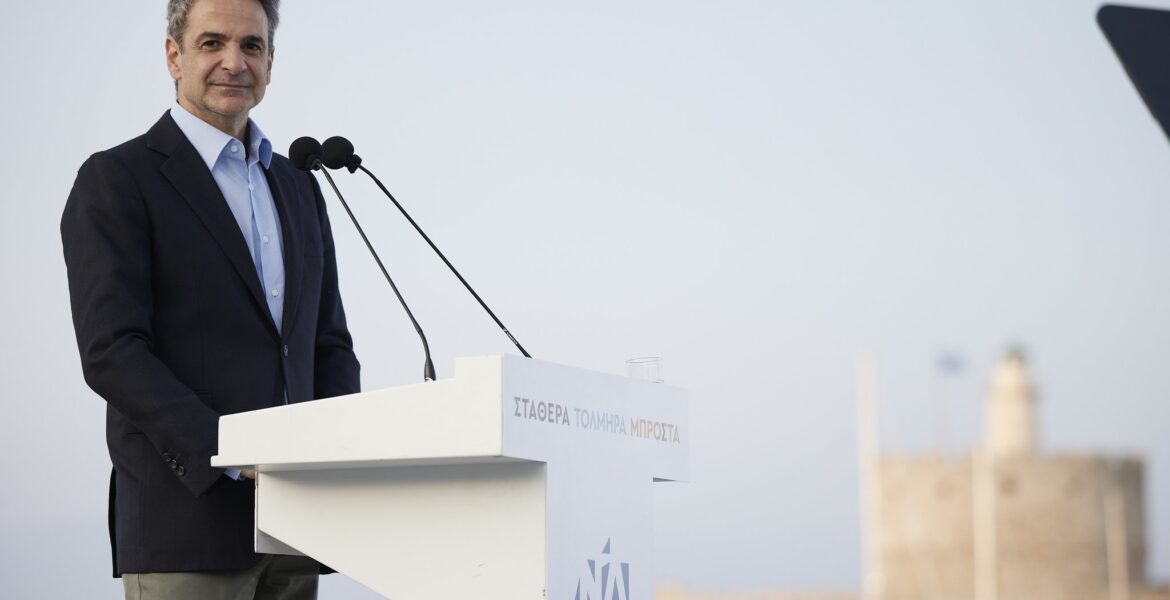According to reports, Greece's Prime Minister Kyriakos Mitsotakis stated that his government is seeking a mutually beneficial solution to the long-standing cultural heritage dispute over the Parthenon Sculptures that are held by the British Museum.
However, he made it clear that they will not accept any agreement that includes the term "loan." The sculptures have been a significant part of the British Museum's collections.
The Greek government has been in talks with the museum over their repatriation, and both parties were reportedly working on a deal in February that would see the sculptures exhibited in both London and Athens. Mitsotakis stressed that while they will never recognize the sculptures as legally owned by the British Museum, they will work constructively and innovatively to reach a solution.
“I wouldn’t like to comment publicly on the discussions that we’ve had. I would just say that we are, without changing ... our fundamental position about the ownership of the sculptures, we’re trying to explore a possible win-win proposition that would work for both sides,” Mitsotakis said.
Asked whether Greece might consider seeing the sculptures returned as a loan, Mitsotakis was categorical.
“No, no,” he said. “That word ‘loan’ is not part of ... what I consider a win-win solution.”
Greece has been campaigning for decades for the return of the Parthenon Sculptures, which once adorned the Parthenon atop the Acropolis in Athens. The 160-meter-long (520-foot) frieze ran around the outer walls of the Parthenon, dedicated to Athena, goddess of wisdom.
Carved between 447-432 BC, the frieze and other sculptures remained largely intact until the temple, which was being used by a Turkish garrison as a gunpowder store, was blown up during a siege in 1687.
Much was lost in the explosion, and about half the surviving works were removed by British diplomat Lord Elgin in the early 19th century, while Athens was still under the rule of the Ottoman Empire. They have been in the British Museum since 1816.

